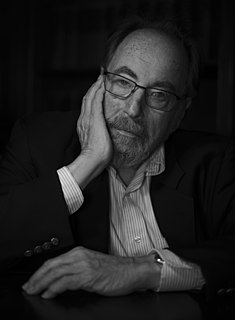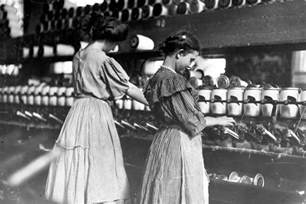A Quote by Paul Davies
Astonishingly, in spite of decades of research, there is no agreed theory of cancer, no explanation for why, inside almost all healthy cells, there lurks a highly efficient cancer subroutine that can be activated by a variety of agents - radiation, chemicals, inflammation and infection.
Related Quotes
You've got to get away from the idea cancer is a disease to be cured. It's not a disease really. The cancer cell is your own body, your own cells, just misbehaving and going a bit wrong, and you don't have to cure cancer. You don't have to get rid of all those cells. Most people have cancer cells swirling around inside them all the time and mostly they don't do any harm, so what we want to do is prevent the cancer from gaining control. We just want to keep it in check for long enough that people die of something else.
Cancer is manageable. That if you deprive cancer of what it wants, by proper nutrition, avoiding toxins, avoiding chemicals and pharmaceuticals, sleeping well, eliminating stress, and balancing hormones with natural bioidentical hormones, you have a real shot at keeping your cancer at bay. In this way, you are managing your cancer.

































